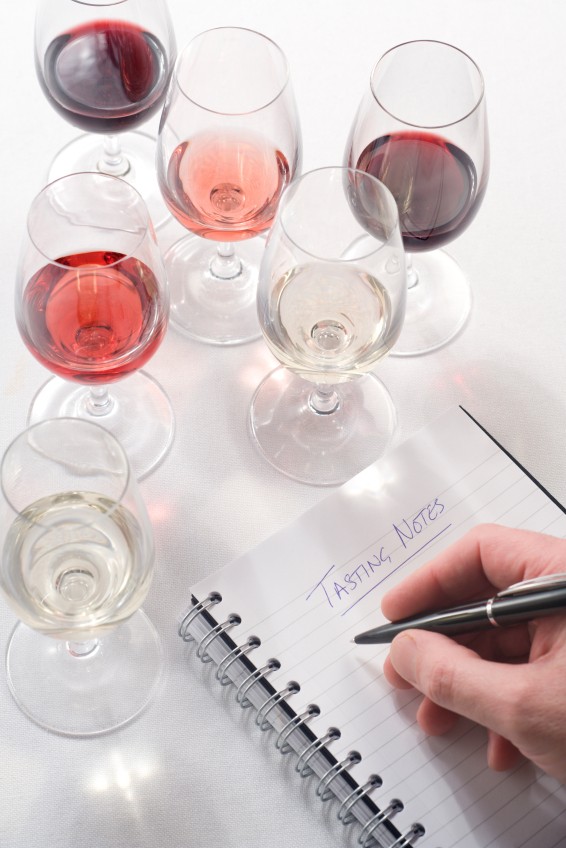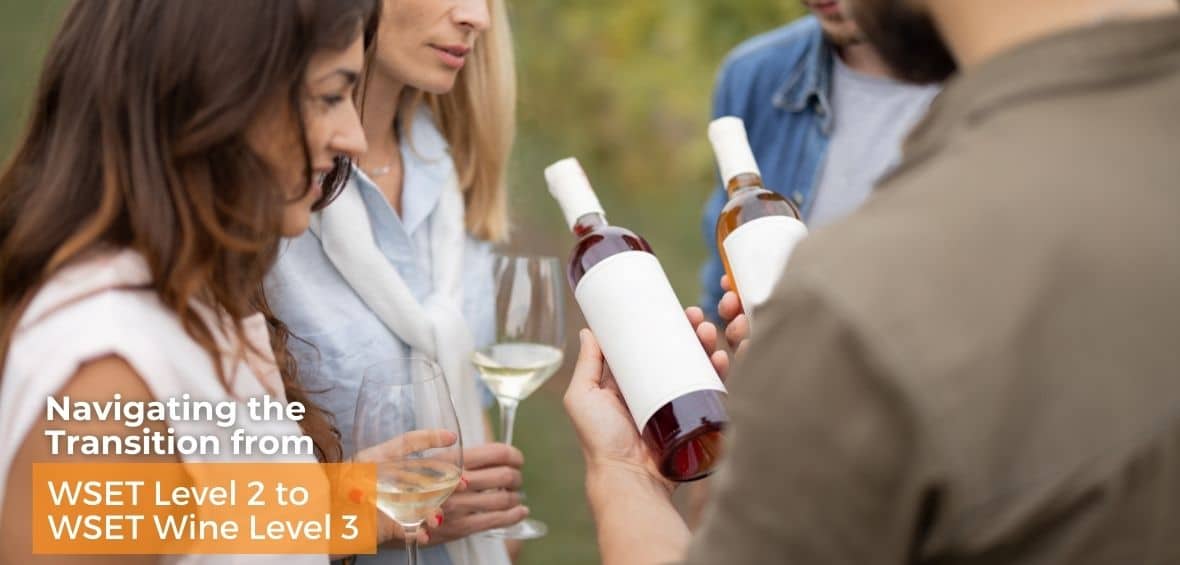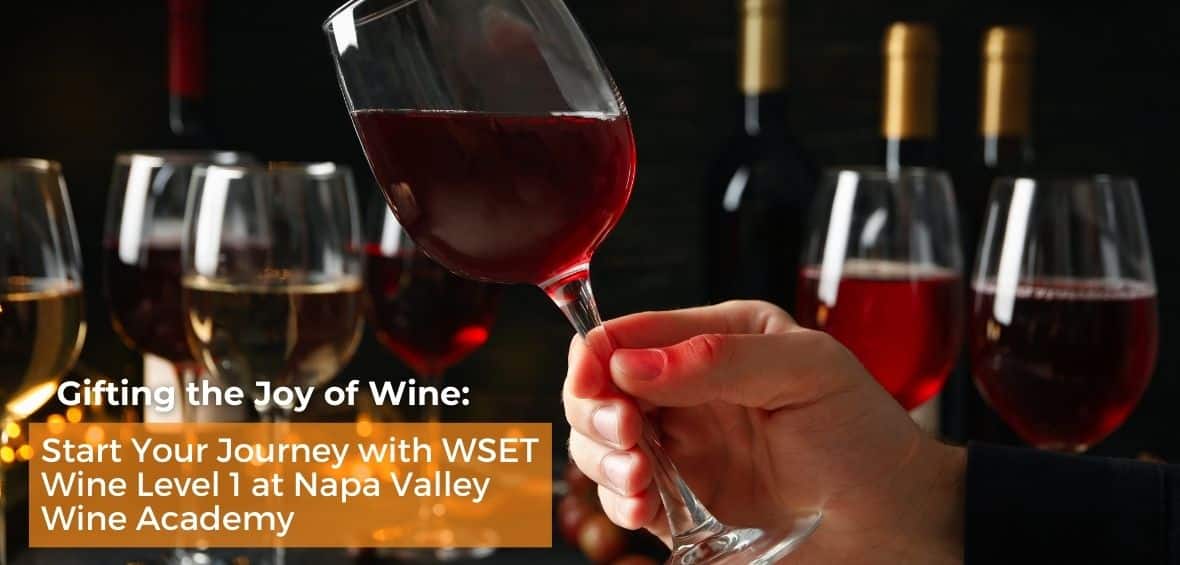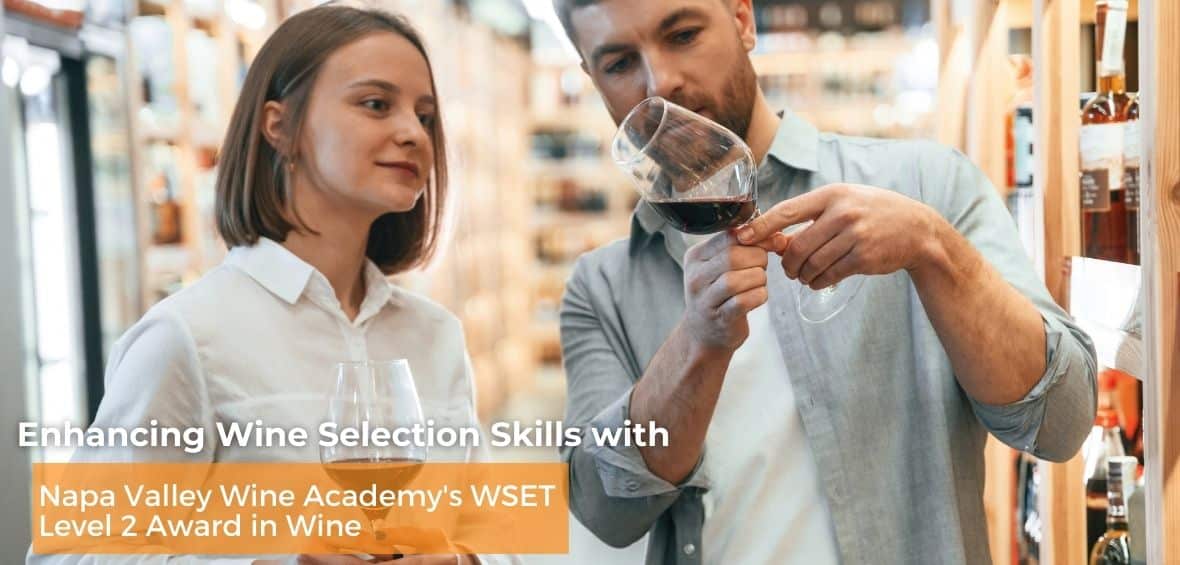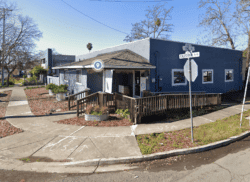Here are your 9 Steps to Becoming a Better Wine Taster
1 – One sip is rarely enough.
Our ability to perceive nuances of flavor and levels of acidity in wine, among other components, owes much to our condition while tasting.
Is it your first wine of the day? Are you fatigued or sick? Did you just finish a double cappuccino?
An answer of yes to any of the above will severely affect your ability to perceive what a wine is telling you. Multiple sips may be necessary. In some cases, it may be necessary to postpone your tasting to a time when you are more acclimated to the task at hand.
2 – Context is king.
It is not uncommon for a wine lover to say that the greatest wine she has ever tasted was a simple, rustic red poured from a jug at a tiny restaurant in Venice within view of the canal.
That same wine may have been utterly forgettable at a U.S. chain Italian restaurant within view of the gas station across the street.
Context is king, and while we cannot always taste wines in view of the vineyards from which they were born, it is still possible to create conditions where wines can be evaluated successfully.
Ideally, tastings should be held in quiet, well-lit rooms away from distracting odors.
3 – Compare the same varietal across different growing regions.
If you have only recently developed a serious interest in wine, there is nothing wrong with focusing on California to hone your tasting skills.
However, to truly understand Chardonnay, for example, you must experience its expressions across the regions in which it is grown widely: Chablis, Burgundy and the Russian River Valley, to name only a few.
If nothing else, tasting widely will better prepare you for your WSET Level 3 exam.
4 – Experience sensory “extremes.”
If you are struggling to judge the tannin and/or acidity levels in wines, track down samples known for their high levels of each. Buy a young Barolo to understand high tannin, and a Chablis to understand high acidity. Once you have experienced these extremes, it should be easier to assess the structure of less extreme examples.
5 – Taste with people you like.
Becoming a better taster is often achieved in a communal environment.
If you have a group of wine-loving friends, try gathering for a tasting once a month. As you share your notes, you will discover areas in which you are proficient, as well as areas in which you might need work.
As you discuss the wines before you, you will also build confidence, which can only help you as you build your wine career.
6 – Taste an hour (or less) before a meal.
Do the aromas of food seem most alluring when you are hungry or after you have already eaten a large meal?
You know the answer. Your senses are heightened when you are hungry. It is often best to taste shortly before a meal, as you will likely be more attuned to what is going on in the glass.
7 – Go grocery shopping.
Becoming a better wine taster means building a sensory memory of aromas and flavors that commonly appear in young and aged wines.
Not sure how to identify star anise, quince or cassis? Visit your local market and build a collection of sensory “essences” to which you can refer as you taste.
8 – Read as much as you taste.
Learning to taste wine and learning about wine go hand in hand. If you have suddenly developed an interest in the Rieslings of Germany’s Mosel, immerse yourself in the literature of the area. What makes those wines so distinctive?
The more you learn about the world’s great wine regions, the easier (hopefully) it will be to identify wines presented to you on advanced wine exams.
For the classic text on how to evaluate wine, see Emile Peynaud’s The Taste of Wine.
9 – Don’t get discouraged.
Some people enter this world as super tasters. Most of the rest of us need to work hard and accept constructive criticism along the way. If you truly have a passion for wine, the journey toward becoming a better taster is a joy in itself.

